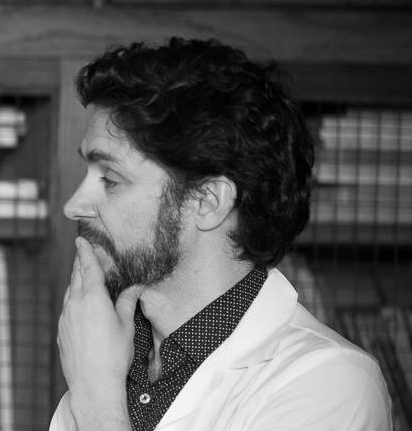Assistant Professor in Social Anthropology (Profesor Ayudante Doctor), Department of Social Anthropology and Social Psychology, Faculty of Sociology and Political Sciences, Complutense University of Madrid (Spain). email: jestalel [at] ucm
I am an anthropologist with an interest in grassroots urbanism and digital cultures. I have investigated the epistemic transformations of our contemporary taken place in two empirical domains: the city and the Internet. My investigation explores the emergence of new forms of ‘wild research’ promoted by urban grassroots. My work contributes to understand the epistemic practices of these movements and their experimental ethos (see City and Architecture section).
My second research line explores and intervenes on the epistemic transformations of anthropological modes of inquiry. I have carried out a sustained exploration of the modes of experimental collaboration in anthropology, an endeavour gathered in the xcol platform. Part of this long-standing interest is my work on digital ethnography and the ethical challenges of academic practices (see xcol section).
In recent years I have explored the intersection between art, anthropology and urban practices. This has led me to experiment with artistic languages and formats as vehicles for anthropological knowledge. This exploration is integral to the Colleex network (Collaboratory for Ethnographic Experimentation), an official network of the European Association of Social Anthropology (EASA) that I co-founded in 2017 (see Art section).
Co-curator of xcol. An Ethnographic Inventory

